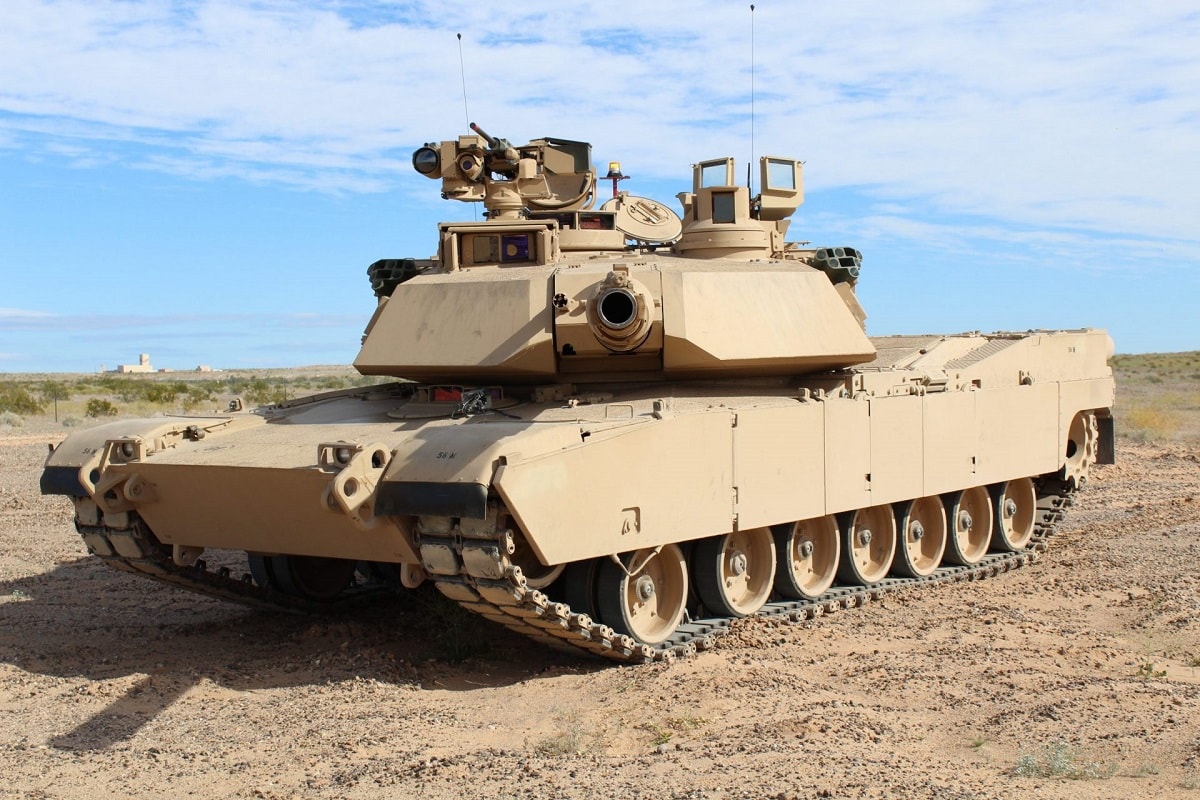Ukraine recently launched a counter-offensive against Russia’s invasion. That push has not succeeded as well as many had hoped.
After several weeks, the Ukrainians are still poking and prodding Russian lines, looking for weak spots.
No dramatic breakthrough has been achieved.
This does not mean that Ukraine is losing the war suddenly or that Russia has a newly-opened path to victory.
The war is still a quagmire for Russia. There is still no obvious way for Russia to score a decisive win so that it can pull back, stop the bleeding, and reconstitute. That is what it really needs to do, rather than just hang on fighting indefinitely.
Even if Ukraine’s progress this summer is only moderate, Russia is still tied down in an expensive ‘forever war’ that will gradually exhaust it. In time, the constant strain will make withdrawal ever more attractive. This is how the Afghans defeated the Soviet army in the 1980s and is likely what will happen in this war.
Stop Demanding a Wildly Unrealistic Blitzkrieg Victory
It is a truism that wars are not won in a day, but critics of aid to Ukraine are using the current offensive’s slow progress to once again demand that Ukraine give up in order to end the war. The argument now is that Ukraine’s current struggles mean the war is in a deadlock. It will grind on, World War I-style, until the U.S. defunds Ukraine and forces it to make concessions. Variations of this argument have been floating around since last summer when longtime U.S. foreign policy observer Henry Kissinger counseled the same thing.
This is unfair to Ukraine for many reasons. The time may come when the war is indeed a permanent stalemate and Ukrainian flexibility may be required. But we are a long way from that:
First, the offensive itself is only a few weeks old. Ukraine’s military is cautious and methodical, as expected from a smaller force that must husband its assets. It appears now the Ukrainian army is ‘shaping’ the battlefield – looking for weakness, striking logistical and command nodes, and reducing Russia’s ability to resupply and reinforce. The point is to ensure that a breakthrough is possible when it commits its best forces to the fight.
Second, the expectations of Ukraine aid critics seem to be that aid should mount sweeping blitzkrieg offensives, which justify Western aid for Ukraine. This would be ideal of course but is wildly unrealistic. This is likely a product of political impatience – demanding Ukraine meet Western political and electoral calendars – and projections of American military prowess onto others. The U.S. is indeed capable of launching large, complicated, combined arms offensives. Most countries are not, however, and we should be far more conscious of the limitations under which Ukraine labors – some of which are imposed by the West.
Third, Ukraine faces all sorts of Western constraints, which no Western government would place on itself in combat. NATO rejected a no-fly zone and, until recently, donations of modern air assets. The West has told Ukraine not to attack Russia proper, limiting its ability to strike logistical nodes and staging areas. The West has dragged its feet on all sorts of weapons systems and provided such diverse arms packages, that coordination has been a major problem for Ukraine’s forces.
It’s Mostly Bad Faith Critiques Anyway
Much of this is irrelevant. Opponents of Ukraine aid fixate on the current offensive’s trouble to demand the same policy action they have since the start of the war – cutting off Ukraine. But this is not the only obvious takeaway. One might just as well argue that we should give Ukraine better weapons to help them win. That the same policy recommendation comes up no matter the circumstance strongly suggests these critics’ real goal is a Russian victory.
Consider the rotating rationales of the last sixteen months that Ukraine should be forced to give up: In the beginning, Ukraine could not win so it was supposed to surrender in order to save lives. Then the West had to cut off aid because it might lead to nuclear escalation or World War III with Russia. Then Ukraine had to surrender because European gas bills would be astronomical in the winter. Then Ukraine’s aid became too expensive for the West and was running down its stockpiles. And most recently, Ukraine should have to compromise because Russia’s defeat might result in state instability and loose nukes.
This is not analysis; it is bad faith ‘rationale shopping’ in support of Putin’s war.
Ukraine Can Win; Just Give It a Chance
The bizarre Wagner Group rebellion that occurred a week ago demonstrates the domestic strains the war is placing on Russia. Ukraine’s population is committed to the fight, and Russia has engaged in brutal behavior toward non-combatants. Ukraine is a fledging democracy, while Russia under Putin is evolving into a fascist dictatorship. And Putin is now clearly the greatest threat to European security.
In short, the arguments to support Ukraine are strong, whereas the arguments to cut it off are so logically inconsistent and protean that they smack of Russian talking points. Give Ukraine a chance to win – if not this year, then eventually.
Dr. Robert E. Kelly (@Robert_E_Kelly; RoberEdwinKelly.com) is a professor of international relations in the Department of Political Science at Pusan and a 19FortyFive Contributing Editor.

